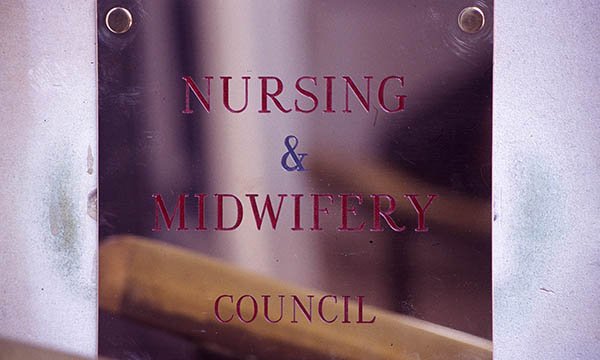NMC to ‘take stock’ of language tests for overseas nurses

The Nursing and Midwifery Council (NMC) is to review tests to determine the language skills of overseas nurses.

Papers published ahead of an NMC council meeting on 24 May reveal that recent discussions between the regulator and the Department of Health covered plans to ‘stocktake’ current language tests for overseas-trained nurses and midwives.
International English Language Testing System (IELTS) academic tests in reading, writing, listening and speaking were introduced by the NMC in 2007 for overseas nurses who want to join the register.
The NMC initially required a 7.0 pass mark in one sitting, but last June changed the rules to accept a 7.0 mark in all four areas over a maximum of two sittings, providing nurses do not score less than 6.5 at any stage of the testing process.
NHS bosses trying to manage the domestic shortfall by recruiting overseas nurses have criticised the high pass mark and lack of clinical language in the tests.
RCN deputy director of nursing Stephanie Aiken welcomed the NMC review, but warned tests must remain ‘rigorous’.
‘Our health services rely on overseas nurses and we need to make sure they can deliver the right standard of care,’ she said.
‘We will not accept any quick fixes designed to make up for the shortage of nurses in the UK. Lowering language requirements is not the answer – we need better pay and better working conditions if we are to retain valuable staff and attract more people into the profession.’
Pass mark
East and North Hertfordshire NHS Trust’s director of workforce and organisational development Thomas Simons also welcomed the review, but said the overall pass mark for overseas nurses should drop from 7.0 to 6.5.
He told Nursing Standard the NMC needs to balance the risks of reducing the pass mark with those of relying on agency staff.
Another solution could be allowing entry to the NHS with a pass mark of 6.5 and a requirement to reach 7.0 in either six or 12 months, he said.
Mr Simons wrote to the regulator in February 2016 to say his trust had a 15% nurse vacancy rate, but that ‘140 Filipino nurses with a 6.5 score were waiting to join the trust’ .
The NMC said: ‘Our foremost consideration must always be protection of patients and the public, and we will be gathering data and evidence to inform our consideration of whether any variation in either direction is needed to the current standards.’
News of the review comes just months after Nursing Standard revealed that the number of applications from European Union (EU) residents to work in the UK fell after 2016, when the IELTS language test requirements were extended to the EU.
Only 453 application packs for nurse registration in the UK were requested by, or sent to, EU nurses in December 2016, compared with 3,967 in January that year – one month before the language requirements were raised and six months before the Brexit vote.
In other news
- Legacy of Florence Nightingale marked in Westminster Abbey service
- Recruitment and morale at risk over pay restraint, NHS Confederation warns

